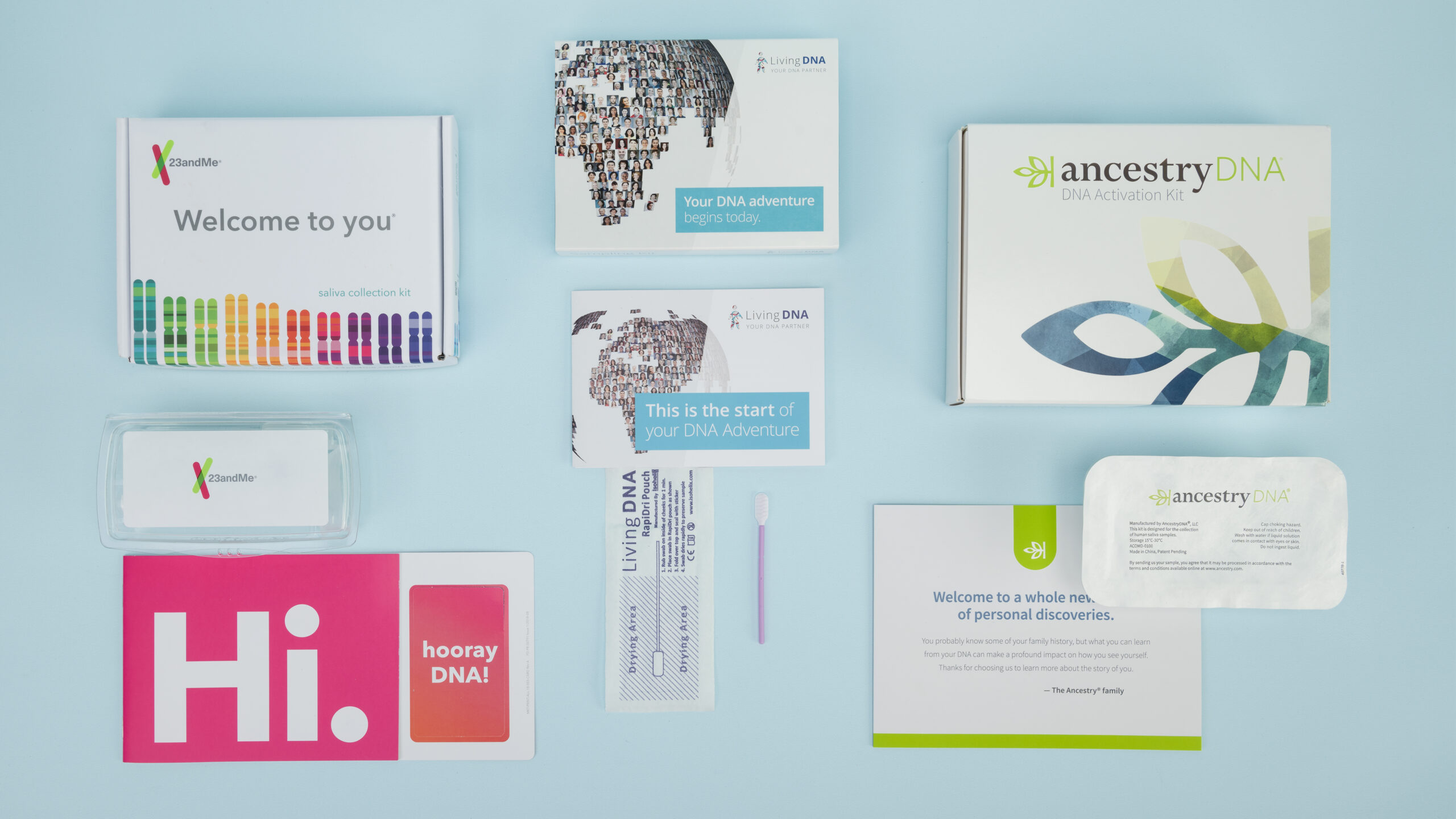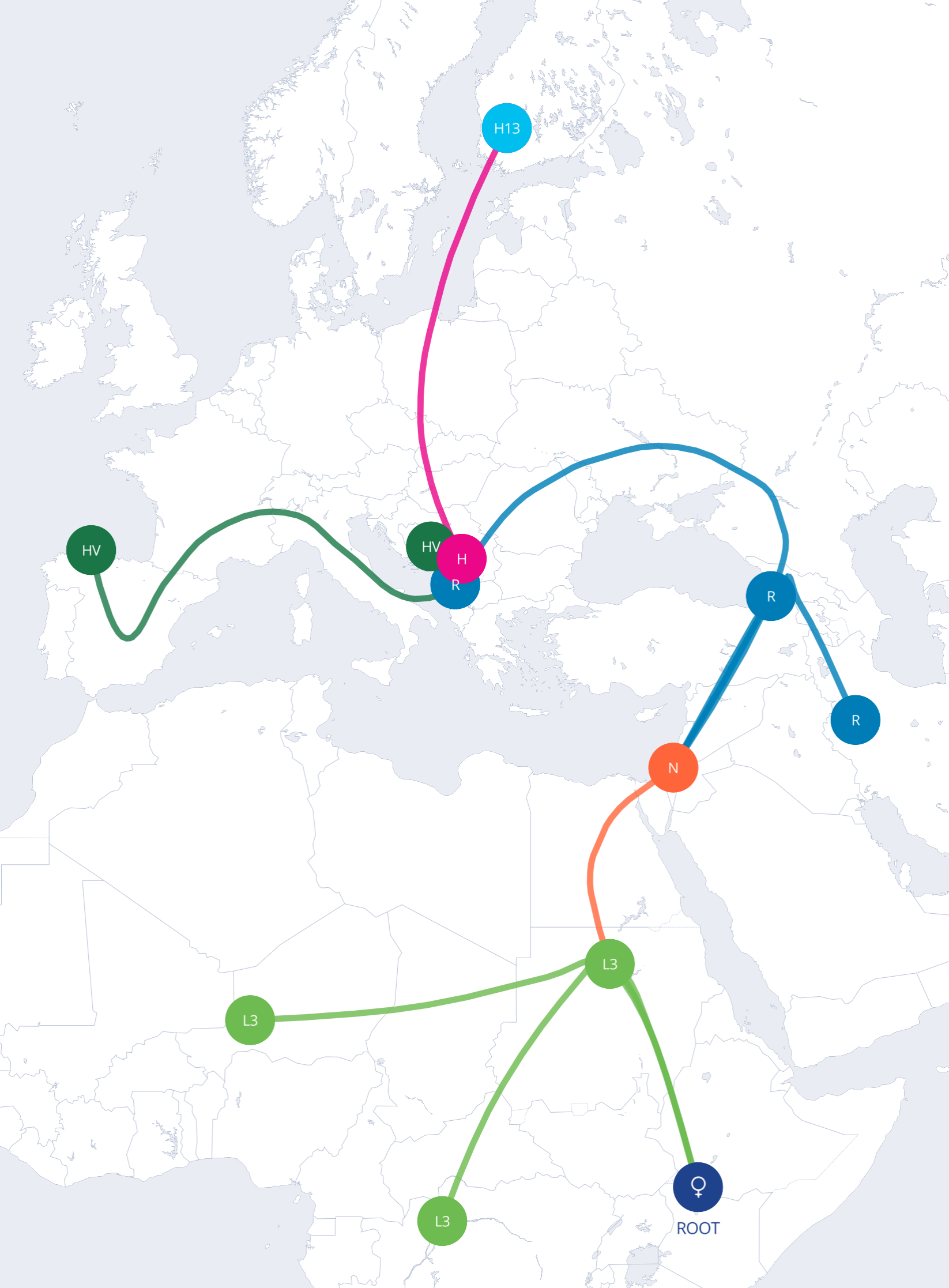
In This Article
Home DNA kits are handy for peace of mind, but only a court-ready test can settle child support, custody, or inheritance questions. Below you’ll learn how legal tests work, why chain of custody matters, and the steps you’ll follow to get reliable results everyone can trust.
Know Your DNA Reviews

Don't miss out on the opportunity to learn more about yourself. Read our best DNA test page to find the best one for you.
Consumer kits use the same genetic technology as legal tests, but you collect samples at home. Because no one can prove who provided those samples, a judge will not accept the report. If you only want personal answers, an at-home kit is fine. If you might need the result in court, skip straight to a legal test so you only pay once.
Accredited labs meet nationwide standards for relationship testing. They test at least 21 STR DNA markers and run each sample twice to catch errors. Many labs also offer grandparent, sibling, or prenatal options—see what a grandparent DNA test covers for comparison.
A legal test documents every hand that touches each sample. Break that chain and the result can be thrown out.
| Chain Step | What Happens | Why It Matters |
| Collection | A trained, neutral technician swabs cheeks and fills out forms | Confirms the right people were tested |
| ID Check | Photo ID and on-site photos of each person | Links names and DNA |
| Sealing | Swabs placed in tamper-evident envelopes | Prevents switching samples |
| Direct Shipping | Collector sends kits straight to the lab | Stops untracked handling |
Courts, immigration offices, and child-support agencies all rely on this paper trail.
If you need proof before birth, ask the lab about non-invasive prenatal paternity testing. You can learn how prenatal DNA testing works and decide if the extra cost is worth it.
Most legal paternity tests cost $300–$600. Prices rise if collectors travel, if participants test in different cities, or if you add extra relatives. Insurance rarely covers legal paternity testing, but some states may help when child support cases involve public assistance. For a broader picture of what different genetic services charge, check our guide to genetic testing costs.
| Feature | At-Home Kit | Legal Test |
| Sample collection | Self-swab at home | Neutral collector |
| Chain of custody | None | Documented |
| Court admissible | No | Yes |
| Average cost | $60–$200 | $300–$600 |
| Turnaround | 3–8 weeks | 1–2 days after lab receipt |
Choose an at-home kit only when you need personal answers and no legal proof. If you’re unsure, legal testing saves time and money in the long run.
In these situations, judges insist on AABB accreditation and a tight chain of custody. To understand what qualifies as legal proof of parenthood, read how labs prove paternity or maternity.
Legal paternity testing is straightforward once you know the rules: pick an AABB lab, follow the chain-of-custody steps, and budget for professional collection. By doing so, you secure a result that holds up in any courtroom and gives every family member clarity moving forward.
Know Your DNA Reviews

Looking for a DNA test that's accurate and can tell you about your health and heritage?
